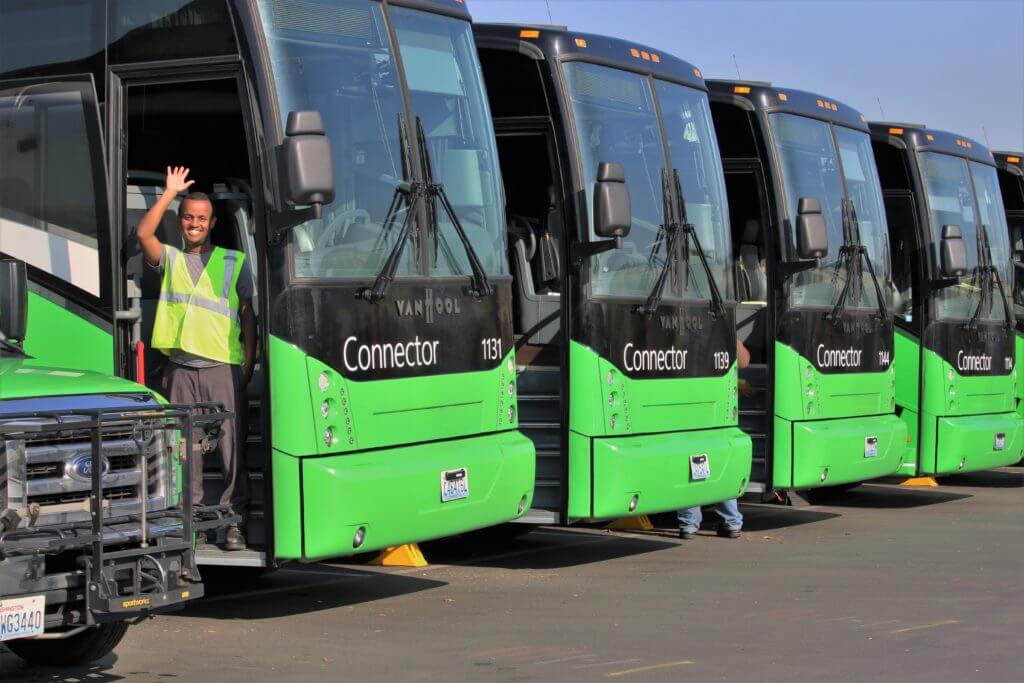
Our mission at Microsoft is to empower every person and every organization on the planet to achieve more. That includes the 1+ billion people with disabilities around the world. We believe that people with disabilities are a strength for our company and a talent pool that adds not just diversity but expertise and empathy that make our products, services and culture better. Under this guiding principle, over the last several years we have launched employment programs focused on bringing in the untapped talent of people with disabilities. One of those programs is our Supported Employment program run by our Real Estate and Facilities team. Since the program started, over 270 supplier positions have been filled by external staff with intellectual and developmental disabilities (IDD) on Microsoft campuses globally, and that number is steadily growing. The learnings have been immense and have helped shape our approach to external staffing. We are sharing these learnings with our supplier base of over 30,000 organizations around the world.
The mission of Microsoft’s Real Estate and Facilities Supported Employment program is simple: partner with suppliers and local employment agencies to make a substantial difference in the lives of people with intellectual and developmental disabilities who have historically been overlooked in the job market. To date, the Supported Employment program has resulted in external staff with disabilities across 30 unique roles within supplier companies, including receptionist, groundskeeper, bus washer, day porter, office administration, project coordinator, common area reset technician, assistant chef and dishwasher.
The list of supplier companies participating in the program is constantly expanding, and includes ABM, CBRE, Compass Group, Corporate Care, Davidson-Macri Sweeping, Exela Technologies, MV Transportation, Northwest Landscape Services, SBM, Suddath and Zee Medical.
The program began in 2013 in Redmond, Washington, at the Microsoft headquarters and has expanded to locations across North America, Europe, the Middle East and Asia. In India, 15 individuals with disabilities have been hired by our suppliers in several Microsoft locations for a variety of roles, including mailroom assistant and reception assistant. More about the program in this video: https://www.youtube.com/watch?v=f-skHDKAwI8
People often ask about the impact on business. Employment of people with disabilities is good for values and good for the bottom line. There are many examples of employees with disabilities who are more loyal, reducing the cost of turnover, the cost of recruitment and the cost of onboarding. The numbers show that companies that champion disability inclusion are more profitable, according to The Disability Inclusion Advantage-Getting to Equal, October 2018. But numbers are only part of this story. Equally important is the impact that hiring will have on the life of someone who faces barriers to employment. With an unemployment rate for people with disabilities that is twice that of the national average, the opportunity is real and the time is now.
All of the workers hired by our suppliers through the Supported Employment Program earn a competitive wage and receive benefits from their employers in full-time or part-time roles. This is in line with our mission and our values of inclusion. However, today in parts of the U.S. and around the globe, people with disabilities can be paid less than minimum wage, or “subminimum wage” — sometimes as little as cents on the dollar. We do not pay less than the applicable minimum wage, and we require our suppliers to do the same because we believe in fair wages for all. Last week, additional language was added to our Supplier Code of Conduct to reconfirm the obligation to pay the applicable minimum wage to everyone.
The people who have been a part of the Supported Employment Program are the strongest evidence of the value of inclusion. We encourage you to check out the stories of some of the employees in Puget Sound with these short videos: Tanya Harris, production assistant at Suddath; Austin Landon, common area reset technician at CBRE; Kyle Van Allan, crew member at Northwest Landscape Services; and Leila Miles, receptionist at Exela Technologies. We are happy to report that since these videos were released, Austin Landon has been promoted to project coordinator at CBRE on the Supported Employment Program team in Redmond.
To view more videos, catch up on all that is new, and download our open-source toolkit to start building your own program and take New Manager Training, go to our webpage: https://aka.ms/supportedemployment.
